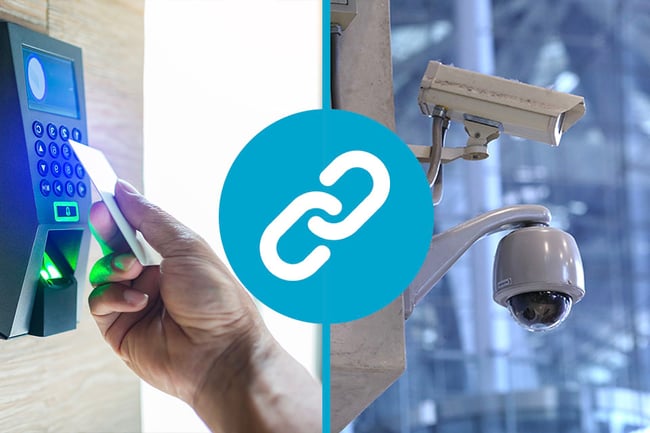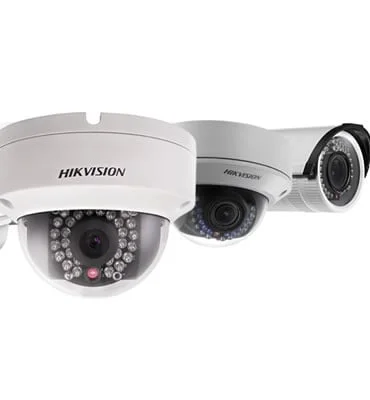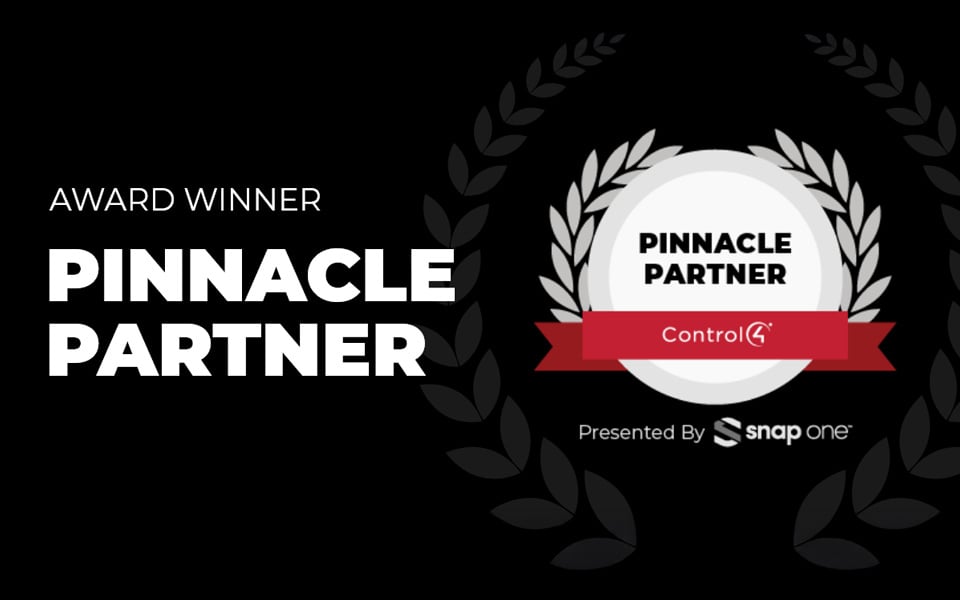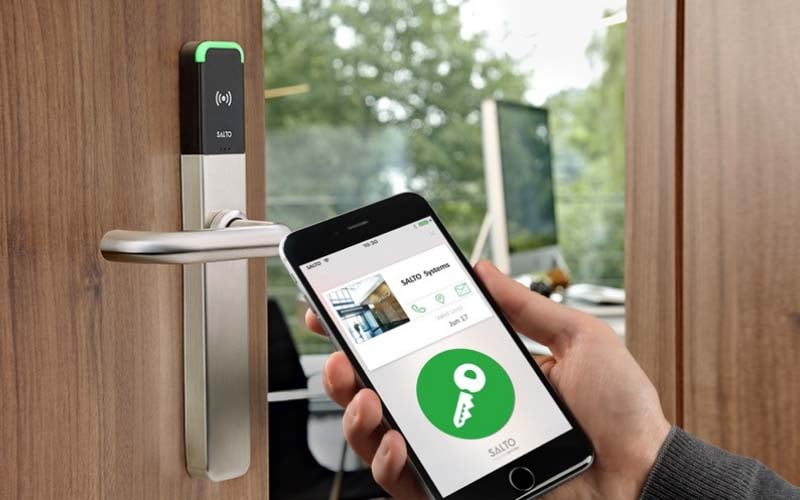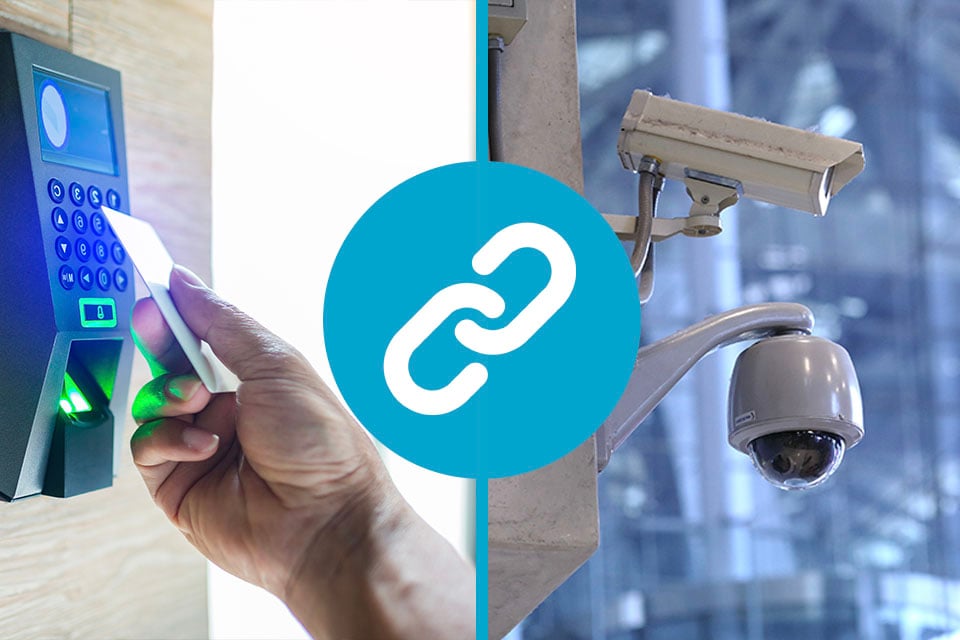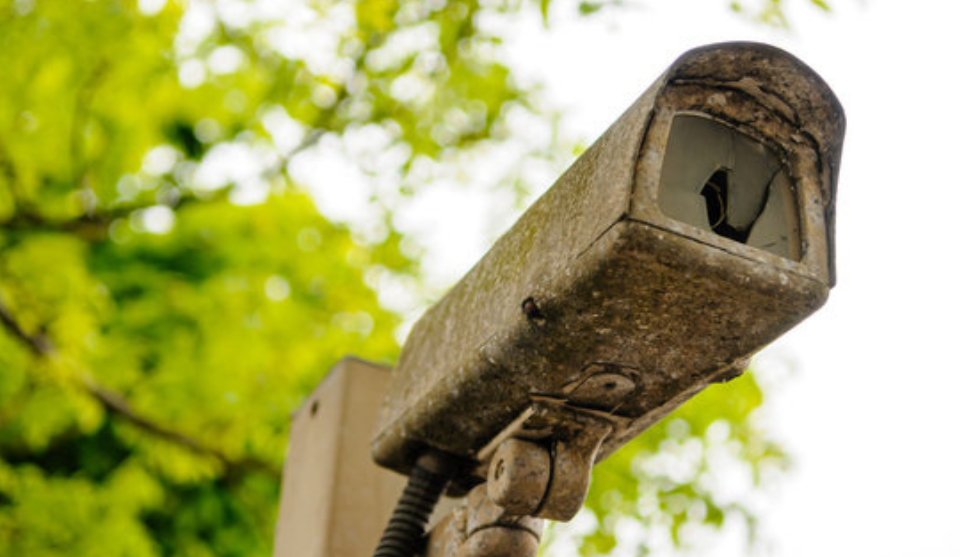Building owners today rely on CCTV systems to keep their property and assets secure. In fact, there are now five million security cameras in the UK, according to the BSIA.
With nearly 267,000 burglaries taking place on UK soil each year, CCTV cameras have quickly become one of the most popular security systems, and with this demand, the rate of progress has soared.
Jump To
- What CCTV Storage & Recording Platform Should You Choose?
- Should Your CCTV System Do More Than Just Record Video?
- Does Your CCTV System Follow GDPR & DPA Laws
- Do You Require a Professional CCTV Installation?
- Final Thoughts
Today, CCTV technology offers more than just the ability to view a crime after it’s happened. AI Video analytics. Camera quality. These all play a role in the potency of CCTV solutions. Though reaping the full potential of this tech really relies on the setup of your system.
Before installing CCTV cameras, you need to consider how your CCTV will be most effective for you, your building, and those inside. Here are 4 final decisions to make prior to installing.

1. What CCTV Storage & Recording Platform Should You Choose?
As a CCTV user, you need to know the different ways to store your footage - and how each can affect the quality of your CCTV setup. Failing to store your data in the most appropriate way opens your security up to all kinds of risks.
Especially concerned about losing historical footage and settings on your CCTV system? We would advise against opting for a system that relies on on-site servers, like NVRs (Network Video Recorders) or DVRs (Digital Video Recorders). Not only are these systems difficult to navigate, they're very easy to tamper with. Today, criminals are aware of the role these servers play in security, making them an easy target for those looking to erase evidence of their crimes.
Instead, it’s always worth looking at a system that stores footage in the cloud such as IP CCTV. A cloud-based system offers users unlimited storage through a SaaS model. The footage is uploaded directly to a cloud-based server. This eliminates the need for on-site servers, reducing physical risk and freeing up space on the premises. With a number of key additional perks:
- Access to footage from anywhere in the world
- Full audit trail of people accessing the system
- Unlimited storage of footage
- A tamper-proof system
- Rapid messages and alerts of faults or disconnected cameras
- Warnings for a person or vehicle of interest entering your premises
- Easy archive ‘smart’ search
- Automatic firmware updates and patching
The key thing to bear in mind before contacting an installation company for your new CCTV system is storage. Then how you wish to access this footage and how the balance between a reactive and proactive approach to viewing may affect your security requirements. You can read more about the benefits of cloud CCTV storage here if you think this is right for you.

2. Should Your CCTV System Do More Than Just Record Video?
Advanced Features of CCTV
CCTV has come a long way since the days of over-wired, black and white cameras and huge racks of external storage. With modern innovation, video analytics and AI, CCTV usage is far more proactive and security-first.
It’s a cruel fate to have to watch a playback of your property being broken into. Before installing a Home CCTV system, it’s important to assess your security needs and consider the full scope of what your CCTV cameras have to offer.
AI HD CCTV cameras can be used to view HD footage in real-time. This allows the user to act quickly, before the crime becomes costly. This tech sends instant security alerts, such as when a repeat offender is on your site, using facial recognition.
The use of ANPR allows for remote cctv monitoring of all vehicles that enter the site and saves the number plate for future reference. Cameras can be used to identify if cars are parked illegally or even speeding on your property. Alerts can be sent to management for blacklisted vehicles, and you can open barriers if a number plate is approved.
High quality CCTV can also include night cameras which provide night vision, even in the pitch black. Using infrared light, images can be lit in the dark, allowing you to access a visible feed at all times.
It is important to understand what features CCTV can provide before installing your surveillance systems. This can then be rolled out seamlessly at once rather than adding later on, which could prove difficult if they aren’t compatible with your existing systems. It is also often more expensive as an afterthought.
Integrating CCTV With Other Security Systems
With any setup, it’s important to know that CCTV shouldn’t be the be-all-and-end-all of your strategy. Security cameras are rather a single cog in a network of connected devices. CCTV can be paired with existing systems to further boost the security of your property. With a fully linked system, there are almost endless prospects to what tasks your IP cameras can be programmed to carry out.
For example, CCTV can be set up for visual confirmation when joined to a smart alarm. If the intruder alarm is activated you will receive an alert through the mobile app. The app can provide you with the context of the activation from the nearest security camera feed. This gives you the power to verify the threat, or confirm if this was a false alarm.
For businesses, CCTV can be used with access control to grant/deny access to people entering the building. You can verify every person using facial recognition, or a live video feed. Access control events can be linked to relevant footage, to confirm that the person who requested access was the same one who entered the area. A linked camera can also detect tailgating.
Equally, the use of your CCTV system can be tailored to your area of business. In retail, your camera systems can be paired with the POS system to allow you to search for video footage by transaction or product. You can also monitor the conversion rates of customers and their flow through your shop, to identify hotspots where you may want to place special offers or high-ticket items. In manufacturing businesses and construction sites, CCTV can be used to monitor health and safety, and ensure the correct personal protective equipment is being used.
.webp?width=960&height=440&name=Access%20Control%20Verkada%20(1).webp)
3. Does Your CCTV System Follow GDPR & DPA Laws?
With 96% of the UK’s surveillance cameras owned by private building owners, it’s essential to ensure that the use of CCTV cameras complies with the laws protecting personal data.
In the workplace there’s an expectation for privacy. Owners need to notify where cameras are in use. Employers must enforce guidelines to ensure that personal data is protected. Any video footage of the public comes under this scope.
The Data Protection Act and General Data Protection Regulations are taken incredibly seriously by the ICO. A breach of these laws could result in fines of up to £500,000, or in some instances criminal charges. It’s crucial to ensure you’re able to meet these rules as a company, before you risk opening your business up to charges.
If you fail to prepare before your CCTV installation, you could cost the company more in damages than your system is even worth. To make sure your business is protected, one member of the company should be responsible for storage, video reviews, maintenance and protection of your surveillance footage. This will protect it from illegal access and the risk of lost footage.
4. Do You Require a Professional CCTV Installation?
It’s never worth risking your security with a third-rate Amazon CCTV system or a "cost-effective" DIY installation. Sure, a number of cameras including wireless cameras might be available at a bargain price-point... but the expense of getting this wrong can surpass even the most expensive wireless CCTV systems and setups.
To get the most out of your CCTV cameras, you need a professional CCTV system installer who understands how surveillance cameras can best support your needs. That’s the bottom line.
There are an enormous range of risks with a DIY installation. Blind spots. Type of cameras (do you need dome cameras or bullet?). Camera placement. Storage errors. Remote control. Drilling a camera into a wall is barely one side to the coin. The installation service itself and the expertise of a good provider is what will protect your building in the long-term.
An expert CCTV installation company will be able to design and install a system that works with the other security tech in your building. Designing a network of connected security solutions to give you peace of mind that your residents, staff and visitors are safe.
Plus, if you’re looking for a rapid police response, a DIY solution simply isn’t for you. Police are briefed to prioritise systems registered and installed by trusted providers. Failing to do so essentially weakens your security response even further.
Final Thoughts
Before installing your system it's important to understand what you want the CCTV system to perform and for what purpose. There may be more than one way in which CCTV cameras can improve your security and daily life, whether the installation is for your home or business.
If you're unsure about any of the subjects mentioned, a good provider will be able to offer the right answers.
As an added benefit, a reliable CCTV installation company will offer a care package programme to resolve your queries. While also ensuring that your system is always well-maintained, up to date and fully functional.
Our experts are highly qualified and experienced in the specification, design and installation of bespoke security systems. Our CCTV camera installers work with the industry’s leading tech solutions to keep your building protected around the clock. No matter whether you’re inside or on-the-go.
Don't get caught out... Talk to one of our security experts today.
Ready for your CCTV installation? Get in touch with our team today to arrange a site visit.
Already have a system in place? No problem. We offer a range of support for people with existing CCTV systems, including maintenance packages, upgrades, restorations and even integration support if that’s all you need us for.

Luke Lewis-Rippington
Related Posts
4 Access Control Trends for 2025
Access control has come a long way from receptionists and sign-in sheets. New access control technology, bolstered by Internet of Things (IoT) technology, is bringing higher levels of security than.
CCTV & Access Control: Everything You Need to Know
Technology is constantly advancing, and businesses constantly have to rethink their security strategies to counter the latest changes. This is especially true when it comes to CCTV and access.
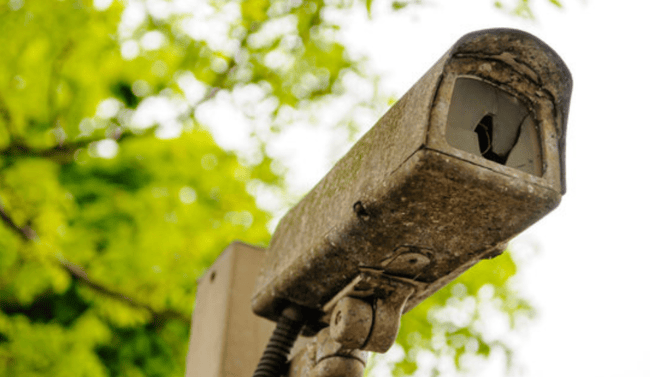
Why You Need to Upgrade Your CCTV Cameras
The risks of using old CCTV cameras are no secret. A slow, outdated legacy system can increase the chance of crime on your property and open up your business to serious threats and liability.


